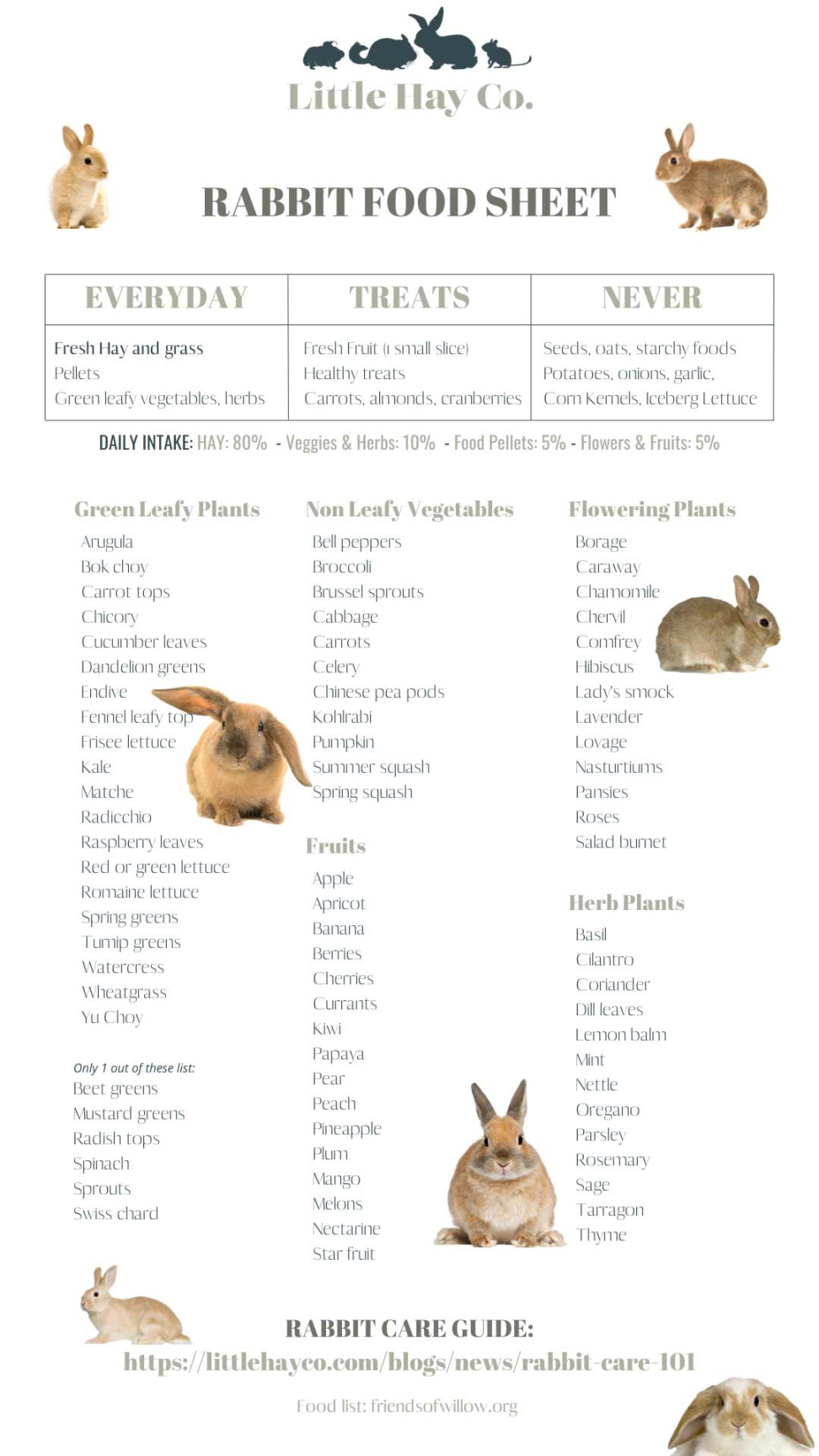What Do I Need For a Rabbit?
Bringing home a new rabbit can be an exciting experience. However, it is important to make sure you have all the necessary supplies to provide a comfortable and safe environment for your new furry friend. In this article, we will discuss the essential items you need to have before bringing a rabbit into your home.

1. Housing
Indoor or Outdoor Enclosure
The first thing you need for your rabbit is a suitable housing enclosure. Rabbits can be kept both indoors and outdoors, depending on your living situation and preferences. An indoor cage or hutch should be spacious enough to allow your rabbit to move around freely. It should also have a solid bottom to prevent any injuries to their feet. If you choose to keep your rabbit outdoors, make sure the enclosure is secure and protected from predators.
Bedding and Litter
Make sure to provide your rabbit with a comfortable bed. Soft bedding materials, such as straw or hay, make excellent choices. Avoid using cedar or pine shavings as they can be harmful to rabbits’ respiratory systems. Additionally, provide a litter box filled with rabbit-safe litter to encourage proper bathroom habits.
2. Feeding
Hay and Fresh Vegetables
Hay is an essential part of a rabbit’s diet. It provides the necessary fiber to keep their digestive system healthy. Make sure to offer fresh, high-quality hay at all times. Additionally, rabbits should have a varied diet consisting of fresh vegetables. Leafy greens like kale, spinach, and romaine lettuce are suitable choices.
Pelleted Rabbit Food
Rabbit-specific pelleted food should also be a part of their diet. These pellets are specially formulated to meet their nutritional needs. Avoid feeding rabbits with food designed for other animals, as it may lack essential nutrients. Always check the label for guidance on proper feeding amounts.
Water Bottle and Bowl
Provide your rabbit with a clean water source. A water bottle that attaches to the cage or hutch is a convenient option as it keeps the water clean and easily accessible. Additionally, you can also offer a shallow water bowl for your rabbit to drink from, especially if they prefer this method.
3. Enrichment and Toys
Chew Toys
Rabbits have a natural instinct to chew, so providing appropriate chew toys is essential. These toys help keep their teeth healthy and prevent them from chewing on furniture or other household items. Choose toys made of safe and non-toxic materials such as untreated wood or hard plastic.
Tunnels and Hideouts
Rabbits love to explore and have their own hiding spots. Provide tunnels or cardboard boxes for them to play and hide in. This will help keep them mentally stimulated and provide a sense of security.
4. Grooming and Healthcare
Brush and Nail Clippers
Rabbits require regular grooming to keep their fur in good condition. Invest in a soft-bristled brush suitable for rabbits to remove loose hair and prevent matting. Additionally, you may also need nail clippers to trim your rabbit’s nails. If you are unsure how to properly groom your rabbit, consult a veterinarian or a professional groomer.
First Aid Kit
A first aid kit is essential to have on hand in case of emergencies. The kit should include items such as sterile gauze, antiseptic solution, tweezers, and styptic powder to stop bleeding. Knowing basic first aid procedures for rabbits is also beneficial in case of any accidents or injuries.
FAQs (Frequently Asked Questions)
1. How big should a rabbit’s enclosure be?
The enclosure should be large enough for the rabbit to move around comfortably. The recommended minimum size for a single rabbit is around 12 square feet. However, the more space you can provide, the better.
2. Are there any plants that are toxic to rabbits?
Yes, some plants are toxic to rabbits and should be kept out of their reach. Examples include lilies, tulips, azaleas, and rhubarb leaves. Always research the safety of plants before allowing your rabbit access to them.
3. How often should I clean the rabbit’s enclosure?
You should spot-clean the enclosure daily, removing any droppings or soiled bedding. A thorough cleaning should be done at least once a week, replacing all bedding and disinfecting the enclosure to maintain proper hygiene.
4. Can rabbits be litter trained?
Yes, rabbits can be litter trained! Start by placing a litter box in a corner of the enclosure and gradually introduce your rabbit to it. Reward them with treats and praise when they use the litter box correctly.
Related Articles…
Copyright Notice:
This website utilizes images found online, all copyrights are retained by their original owners. If you would like an image removed, kindly contact us.